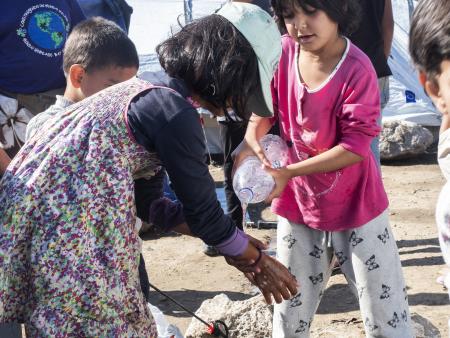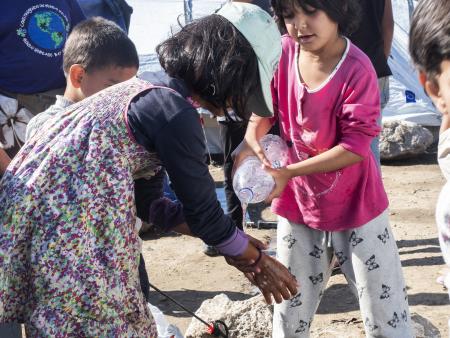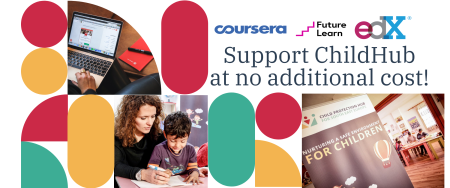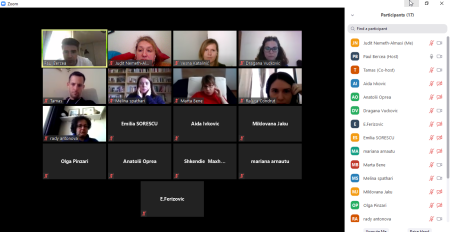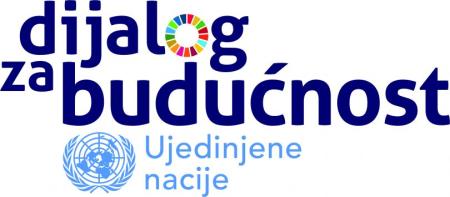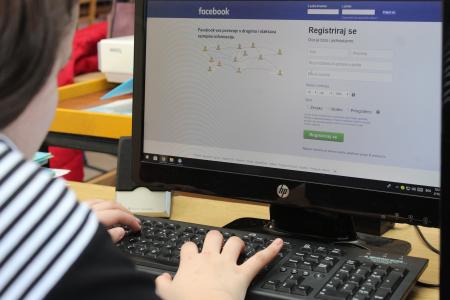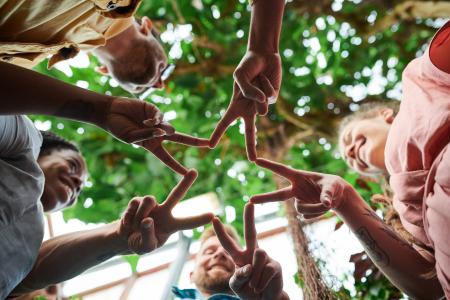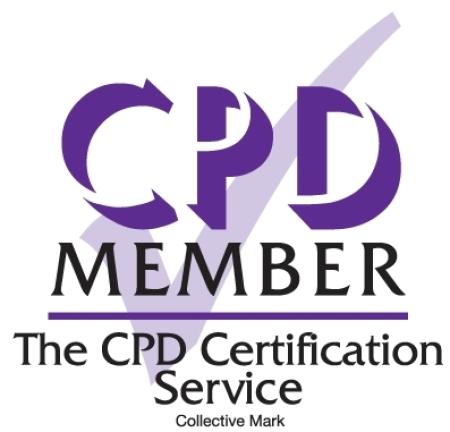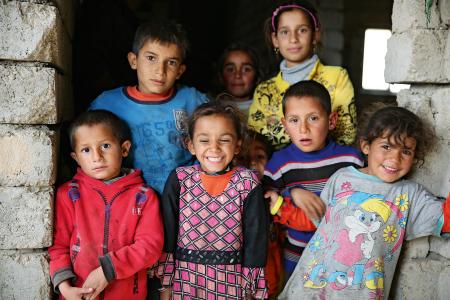
- More than 250 resources on the protection of children during the COVID-19 pandemic are available on http://covid.childhub.org/
- More than 27,400 child protection news, learning materials and opportunities on https://childhub.org/
- 10,000 registered members on ChildHub
In these uncertain times, misinformation or even a lack of knowledge can impact our child protection systems. In response, the team behind the online ChildHub platform has taken a leading role in offering substantial resources to professionals.
The COVID-19 pandemic has disrupted the daily lives of nearly every person across the globe. Yet, some professions have been disrupted more than others: those working to protect vulnerable groups — social workers, psychologists, etc. — for whom, more than a working environment, in-person meetings are extremely valuable 'tools' in their work.
For more than three months, Eleftheria Aravidou woke up, opened her computer and met her team online as they tried to adapt their work to the new circumstances. She leads a group of psychologists at the child protection organisation Terre des hommes (Tdh), in Greece, which offers protection services to vulnerable children and their families in nine refugee camps. The services they offer include comprehensive case management, psychological and psychosocial support, activities to empower children and young people and enhance their resilience. According to Aravidou: 'The virus has turned our work upside down. At first, we were totally in the dark, none of us knew how long this would last — how we were supposed to continue the sessions with our beneficiaries. We only had mobile phones and wifi at our disposal.' But it wasn’t only the physical sessions that posed a challenge during the lockdown: 'Now we had to adapt our methodologies, gather all the available advice, provide families with self-help tools, but also help other professionals, including our staff, to deal with the stress and uncertainty of the new situation.'
How did she and her team manage to tackle these challenges? 'We were facing a gap which the child protection platform ChildHub filled by providing us with an entire package of useful tools and resources, such as infopages, research, checklists and educational courses. Trying to adapt our approach and ensure the minimum standards in child protection, who would have imagined that ChildHub, which normally is my favourite place to "meet" and talk with peers from all over Europe, would become such a valuable asset?'
For more than five years now, the Child Protection Hub for South-East Europe, which is the long name for ChildHub, has provided professionals with knowledge, resources, and networking opportunities, in nine languages. It brings together the latest developments in child protection — from research and scientific articles to textbooks and educational materials. It also serves as an educational hub with free online seminars and e-courses. It is a 'meeting place' where professionals from all over Europe connect and discuss their work. At ChildHub, visitors and registered members can learn and explore through videos, podcasts and webinars. They can share their experiences and find answers to difficult questions and cases. They even have access to job opportunities. Now, with its extensive portfolio dedicated exclusively to COVID-19, the platform has received tens of thousands of visitors from countries around the world, from a particularly varied background. 'We have visitors from Switzerland, England and France, but also from Burkina Faso, India, the Philippines and Tunisia', explains Judit Nemeth-Almasi, Deputy Head of Terre des hommes Regional Office in Europe and Head of ChildHub.
How did her team manage to react so quickly to compile and gather this information? 'In mid-March, when it became apparent that the COVID-19 pandemic would lead to a lockdown in most of the countries where we operate, the child protection team of Terre des hommes came together with a needs assessment among child protection workers', says Ms. Nemeth-Almasi. 'They did an extensive search for documents online and ended up with a bulk of resources which served as a checklist on what to consider, what to watch out for and how best to adjust case management. By April, Tdh had in place an extensive collection of materials, and that is when the ChildHub team came on board to develop a special thematic "space" on COVID-19. Supervised by the Head of Child Protection at Tdh, Sendrine Constant, the ChildHub team organised resources based on set topics for the minimum standards in child protection'.
The available resources on COVID-19 follow a structure that makes it easy for users to identify what they are looking for. They are divided into nine categories — folders that include general information and guidelines on the virus, case management issues, psychological and psychological care in the midst of a pandemic, community-level approaches, child-friendly materials and safety advice, including for digital spaces. There are even tools related to communication and advocacy.
Nevertheless, it isn’t just professionals who can benefit from ChildHub at this difficult time. Parents can retrieve interesting resources, advice, or games and ideas for indoor activities. Furthermore, there are documents that help teachers and schools, such as a UNICEF guide to help protect children from the transmission of the virus at schools, with relevant tips and guidelines. 'Education', explains Ms. Nemeth-Almasi, 'can play a critical role in prevention and treatment as it encourages children to take action at home, at school and in their community, and to become the best advocates for their protection.'
The COVID-19 pandemic caught our countries unprepared. There was no plan, no instructions, no advice, no protocols in place, and everything had to be devised from scratch. As social distancing and other measures are beginning to relax in many countries, reports of a potential second wave of coronavirus in the coming months keeps the ChildHub team alert: 'We want to believe that the crisis has passed and that we will return to normal', says Nemeth-Almasi. 'However, the pandemic has taught humanity an important lesson in humility: we know nothing, we learn from zero, and as long as the disease is not eliminated, here at ChildHub we will continue to enhance our COVID-19 theme with the knowledge gained worldwide. Our ambition is to add our bit in this global effort to build a legacy of knowledge, an arsenal of supplies for those who help protect people and children. After all, as experience has shown, the need for protection against child abuse and neglect is unaware of crisis situations. In fact, that’s when it becomes more urgent.'
To access ChildHub's COVID-19 section and register: http://covid.childhub.org/. For more resources on child protection, visit: https://childhub.org/
***
Implementing partners of the Child Protection Hub are: Terre des hommes in Hungary, Albania, Kosovo, Moldova, Romania and Greece, Save the Children North West Balkans, Know-how Centre for Alternative Care for Children in Bulgaria, Brave Phone in Croatia, Centre for Youth Integration in Serbia, and the Center for Excellence for Looked After Children in Scotland (CELCIS).
ChildHub is funded by the Austrian Development Agency, Oak Foundation, Terre des hommes Foundation, European Union's DAPHNE programme and UNICEF.






